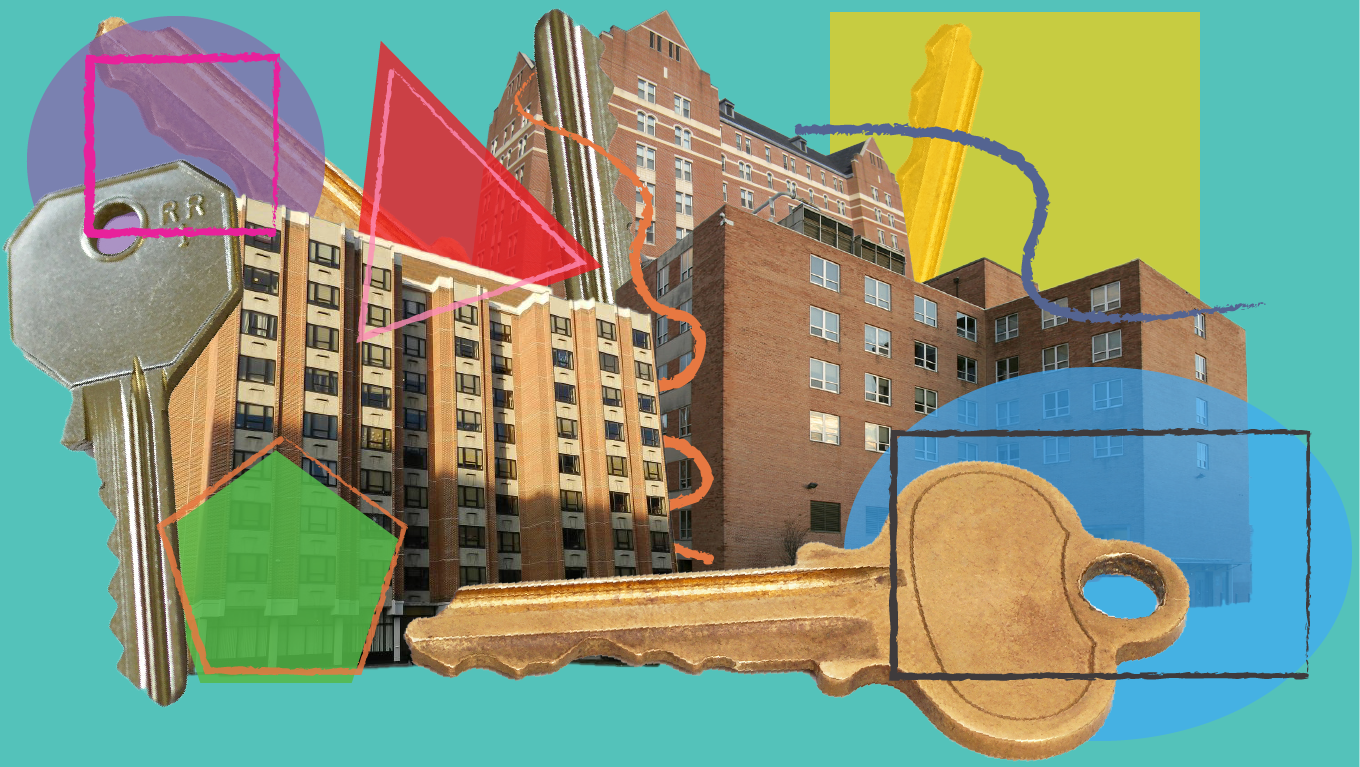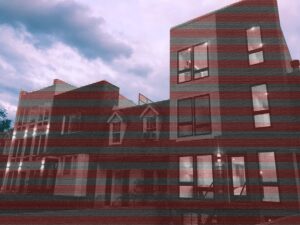When COVID-19 hit in March 2020, most students abruptly returned home, except for those who were granted on-campus stability housing due to unstable home living environments. A year later, the home situations of those students haven’t changed—but university policy has.
Georgetown charged students without stable housing $1,500 to live on-campus last year. This summer, with D.C. occupancy taxes included, students will have to pay over $5,000.
By dramatically raising the cost of stability housing, Georgetown has made its program inaccessible to the very student group it intended to assist. Those who seek stable housing from the university are typically among the student body’s most financially limited and physically vulnerable—their home environment may be prejudicial or unsafe, or they may have no home to return to at all. It is immensely frustrating and contradictory to its own ethical teachings that the university would try to recoup its pandemic-related financial losses by ratcheting up prices for those who are least able to pay.
This editorial board urges the university to alter their pricing plans for stability housing over the coming summer, and meet the student association’s letter of demands.
At a minimum, the university should lower its price to match that of last year; the economic pain COVID-19 has wrought is still ongoing, and housing costs must reflect that. To live up to its own moral standards, however, Georgetown needs to go further and make mid-pandemic summer and transition housing free to its most vulnerable. This move would provide much-needed relief in the present, as well as make up for the school’s many shortfalls on this front earlier in the pandemic.
Beyond just this summer, the university should also develop a permanent stability housing program with viable ways for low-income students to afford it. According to their letter, GUSA leaders were informed by Todd Olson, the university’s vice president of student affairs, that those relying on stability housing would be able to receive need-based aid through the Office of Student Financial Services. However, because the university does not fully cover financial needs over the summer, that assistance was not sufficient, according to testimonies given to GUSA. Georgetown must work to rectify this.
Fully meeting the financial needs of students who need housing should be part of the university’s summer policy every year. Whether or not classes are in session, a stable living arrangement is crucial for any student’s health and allows them to pursue job opportunities, internships, or summer coursework—important building blocks for any student’s post-college financial wellbeing. These experiences should not be reserved only for students with a stable living situation at home or for those that can pay Georgetown’s inflated summer housing prices.
What it comes down to is simple: Georgetown’s decision exacerbates inequalities in the student body. Prioritizing revenue over student welfare and housing stability only furthers the socioeconomic—and therefore racial—disparities that exist in the Georgetown community, and is part of a larger pattern of the university failing to consider both economic and racial justice when implementing policies that directly impact students. If the university is going to implement programs like the Summer Hilltop Immersion Program (SHIP) for first-year students to take courses on-campus, it must take into account the SHIP students currently in stability housing who need a safe space to stay from the end of finals until the program begins on June 7. Georgetown should prioritize the well-being of students who need affordable and stable housing for the summer over all other financial considerations.
This editorial board has criticized Georgetown in the past for treating its students like cash cows. While the university faced severe financial losses in the past year due to the pandemic, it is unconscionable that Georgetown’s instinct is to make up for these losses by targeting the disproportionately low-income and BIPOC students who rely on stability housing programs.
There is still time for the university to reverse this policy: last May, the university cut its price down from $3,850 to $1,500 following student concerns. This policy must be repeated in 2021. The impact of the pandemic in the U.S. may be decreasing due to vaccinations, but the housing needs of hundreds of students for the summer is the same. University actions must reflect that.







